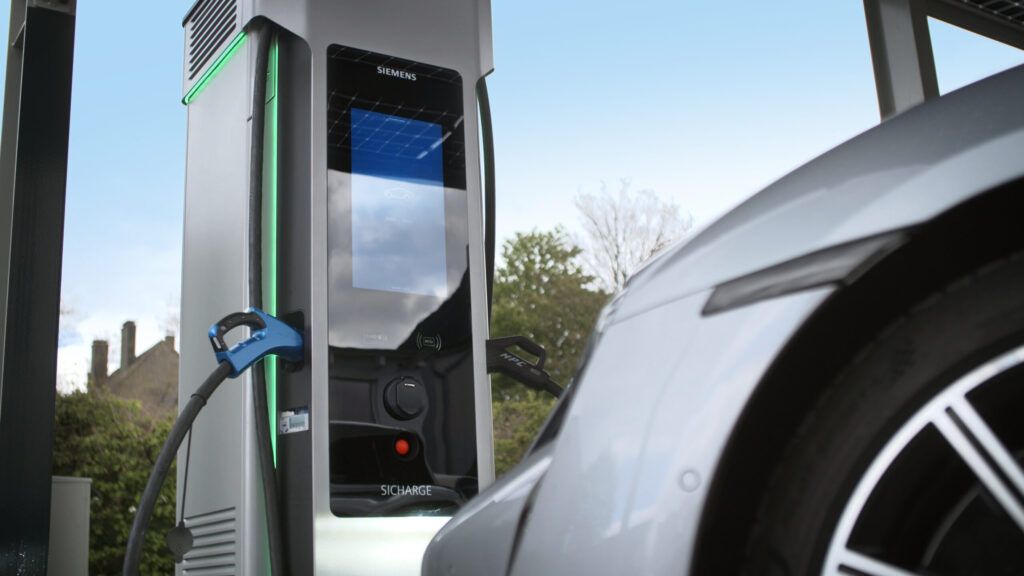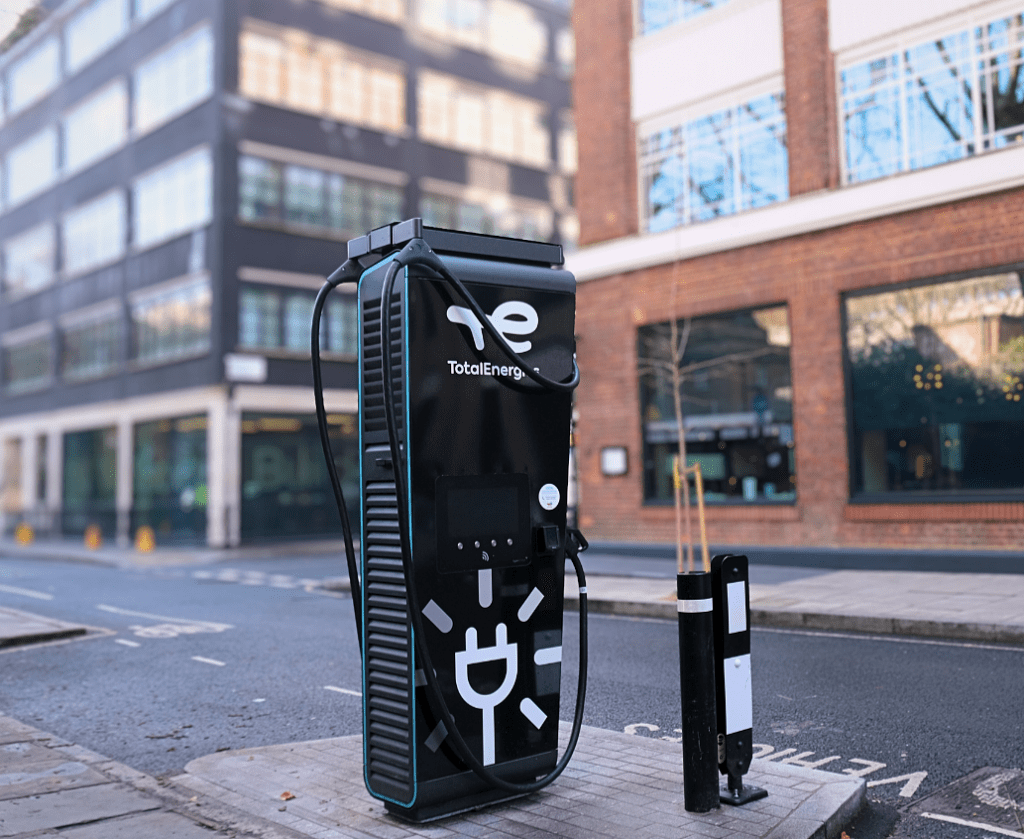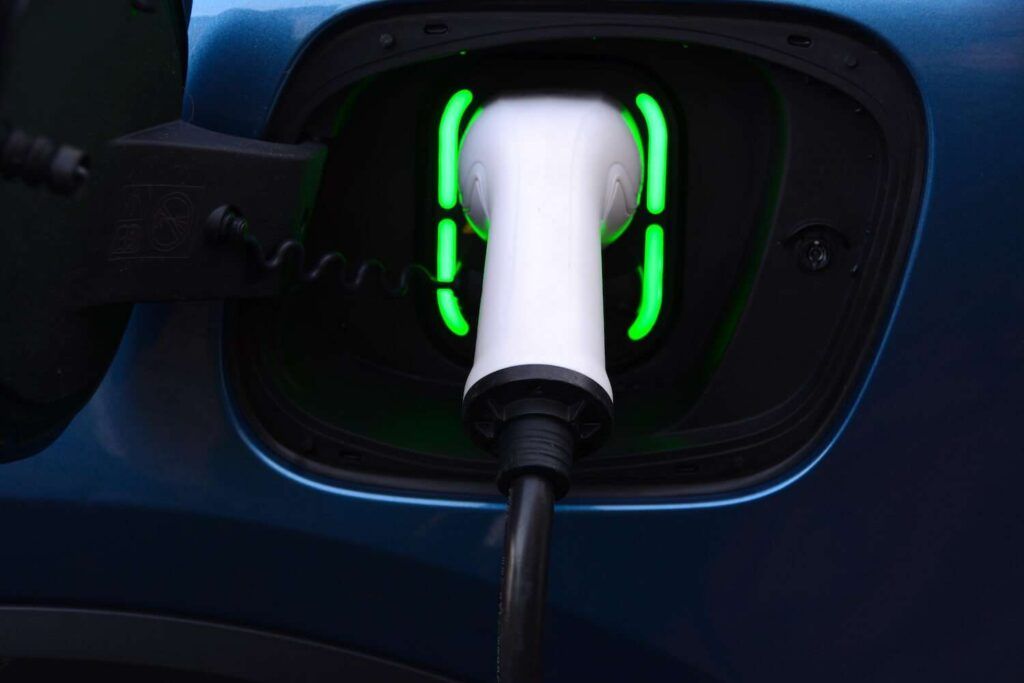Members of the House of Lords have voted to pass an Opposition-led amendment to the Planning and Infrastructure Bill providing measures to protect drivers with disabilities from electric vehicle charging points that are inaccessible.
Currently less than 3% of public EV charging points are considered fully accessible in the UK. According to EVA England, around half of all drivers – with disabilities and not – have reported accessibility issues when using the public network, such as heavy charging cables, narrow parking bays and payment screens that are too high or difficult to use.
The amendment, tabled by Lord Borwick, was approved by 228 votes to 113, after the Government declined to accept it during debate. If passed into law, it would allow the Government, in future, to mandate accessibility requirements at public electric vehicle (EV) charging points, should it feel that industry is not doing enough to ensure drivers with disabilities can safely use their infrastructure.
The amendment gives Government the future power to make existing accessibility standards (PAS 1899) legally binding on new public chargepoints if voluntary industry compliance continues to lag behind.
Speaking in the chamber, Lord Borwick warned that without intervention, “disabled people will see no end to the struggle of charging their cars safely and reliably.”
Crossbench Peer and Paralympic athlete Baroness Tanni Grey-Thompson spoke strongly in support of the measure, saying she was “delighted” that it had been tabled. She described how the lack of accessible chargepoints had personally prevented her from switching to an electric vehicle:
“When I tried several times to move to an electric car, it proved impossible. There wasn’t an accessible charging station within at least 30 miles of my house. I was told perhaps I should take someone with me wherever I went to charge it for me.”
She went on to warn that, without change, “disabled people will once again be blamed for not caring about the environment, rather than recognised as being excluded from making the switch because the infrastructure doesn’t work for them.”
Last year Baroness Grey-Thompson backed calls for all public electric vehicle (EV) charging sites to have accessible charging mandated.
Lord Borwick, a former transport entrepreneur and accessibility advocate, emphasised that this was about “fairness and foresight: making sure that as we move to electric driving, no one is left behind, least of all the 1.35 million disabled drivers who already face greater challenges in their daily mobility.”
While the Government said it did not feel able to accept the amendment in the Bill at this stage, Peers across the House voted in favour, recognising that accessibility for disabled motorists is currently “a crisis of access, not a future issue.”
Commenting on today’s developments, Vicky Edmonds, CEO of the drivers’ association EVA England, said:
“This is huge for drivers with disabilities. We need to ensure that accessible charging is not left to chance, but is thought about from the very beginning when industry and local authorities are planning, designing and rolling out chargepoints. And this amendment does that.”
Reflecting on his amendment during his speech, Lord Borwick concluded:
“This is not an onerous burden on industry, but a prudent and compassionate step to ensure a charging network that works for everyone.”
Image courtesy of Shutterstock.












